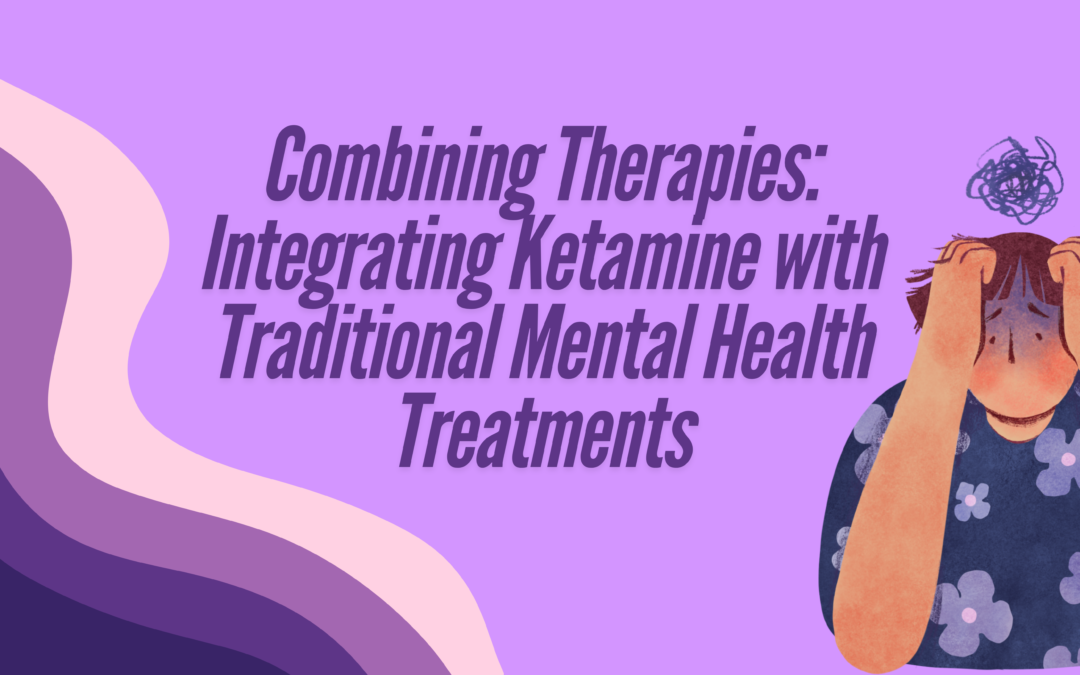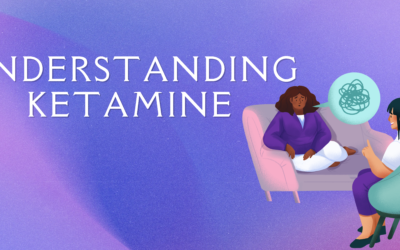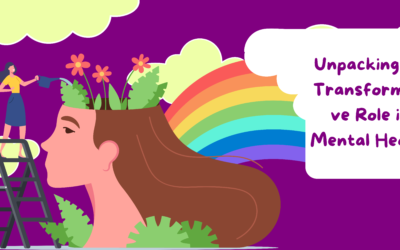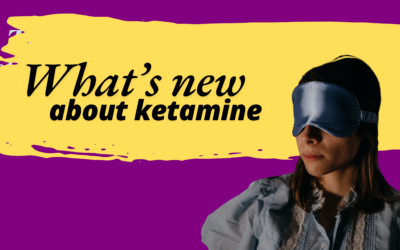In recent years, the mental health field has seen an exciting evolution in treatment methodologies, with innovative options emerging to complement traditional therapies. Among these advancements is ketamine therapy, which has gained attention for its rapid effects on mood disorders and other mental health conditions. At Revive, we recognize the importance of a holistic approach to mental health, integrating ketamine therapy with conventional treatment modalities to enhance patient outcomes. This blog post will explore how combining ketamine with traditional mental health treatments can create a more comprehensive and effective healing journey.
Understanding Ketamine Therapy
Ketamine, originally developed as an anesthetic, has demonstrated significant efficacy in treating depression, anxiety, PTSD, and various other mental health disorders. Unlike traditional antidepressants that can take weeks to show effects, ketamine often provides rapid relief within hours or days. This is particularly beneficial for patients who may be experiencing severe depressive episodes or suicidal thoughts.
Ketamine works primarily by modulating glutamate, a neurotransmitter that plays a critical role in synaptic plasticity and mood regulation. This unique mechanism of action is thought to promote neurogenesis—the growth of new neurons—and improve the connections between brain cells. Such changes can lead to enhanced emotional regulation and a reduction in symptoms associated with mental health disorders.
The Role of Traditional Mental Health Treatments
Traditional mental health treatments, including psychotherapy, medication management, and behavioral interventions, have long been the cornerstone of mental health care. Psychotherapy approaches such as cognitive-behavioral therapy (CBT), dialectical behavior therapy (DBT), and psychodynamic therapy aim to help individuals understand their thoughts and behaviors, develop coping strategies, and process traumatic experiences.
Medications, including selective serotonin reuptake inhibitors (SSRIs) and other classes of antidepressants, target neurotransmitter systems in the brain to alleviate symptoms of mental illness. While these treatments can be effective for many individuals, they may not work for everyone, and some patients may experience delayed onset of benefits or intolerable side effects.
The Intersection of Ketamine and Traditional Therapies
The integration of ketamine therapy with traditional mental health treatments harnesses the strengths of both approaches, creating a more robust treatment plan tailored to individual needs. Several key areas illustrate the benefits of this combined approach:
1. Enhanced Therapeutic Alliance
When introducing ketamine therapy alongside traditional treatments, therapists can foster a stronger therapeutic alliance with their patients. Patients may enter ketamine sessions feeling hopeful due to the anticipated rapid response, which can positively influence their engagement in concurrent psychotherapy. The immediacy of relief from ketamine can also help break through barriers that might hinder progress in talk therapy, allowing patients to explore deeper issues more quickly.
2. Addressing Treatment-Resistant Conditions
One of the most compelling reasons for integrating ketamine therapy into treatment plans is its potential to address treatment-resistant mental health conditions. Many individuals suffer from chronic depression, anxiety, or PTSD that do not respond adequately to standard therapies. By incorporating ketamine, clinicians can offer an alternative solution that may provide quick relief, thus opening the door for more in-depth explorations in therapy.
This integrated approach can be especially crucial for patients who have experienced a wide range of treatment iterations without success. By starting ketamine therapy, patients may experience symptom relief, enabling them to engage more fully in traditional therapy techniques.
3. Synergistic Effects
Research suggests that ketamine may enhance the efficacy of traditional therapies. For example, studies indicate that ketamine can facilitate greater emotional openness, making patients more receptive during therapy sessions. Additionally, the neurobiological changes induced by ketamine can assist in ‘resetting’ the brain’s response to previous therapies, thereby increasing their effectiveness when reinstated after a ketamine session.
Patients undergoing ketamine therapy often report heightened emotional clarity and a new perspective on their problems. This newfound insight can lead to more productive therapy sessions, where patients can engage in challenging conversations and gain new tools for coping.
4. Managing Side Effects and Symptoms
Traditional medications may carry side effects that discourage adherence to treatment. In contrast, patients receiving ketamine therapy frequently report quick relief from intense mood symptoms with relatively few adverse effects. Consequently, if a patient struggles with anxiety or depression during their psychotherapy sessions, ketamine can help stabilize their mood, allowing for more effective therapy.
Moreover, therapists can tailor the timing of traditional treatments to align with ketamine sessions. For instance, scheduling therapy shortly after a ketamine infusion can allow therapists to capitalize on heightened receptiveness and openness, leading to improved outcomes.
5. Holistic Patient Care
Integrating ketamine therapy with traditional mental health treatments supports a more holistic approach to mental health care. At Revive, our goal is to treat the whole person—not just the symptoms. When we combine therapies, we consider the biological, psychological, and social aspects of each patient’s life.
Conclusion
In conclusion, the integration of ketamine therapy with traditional mental health treatments at Revive represents an innovative pathway to healing, one that leverages the strengths of both modern pharmacology and established therapeutic practices. By fostering collaboration between different treatment modalities, we can empower individuals on their journey to recovery, paving the way for a brighter future in mental health care.
Always consult with a qualified healthcare professional before starting any new treatment and ensure that you receive care from experienced providers who understand the complexities of ketamine therapy. With ongoing research and clinical use, ketamine may well change the landscape of chronic pain management in the years to come.




